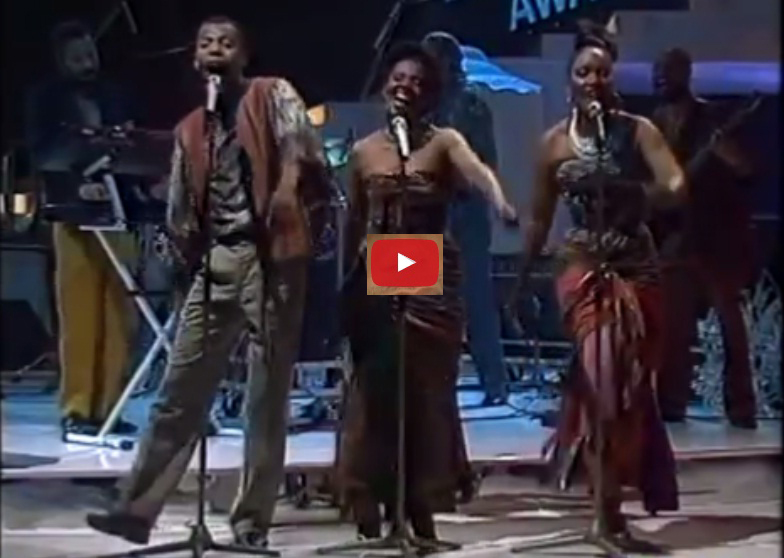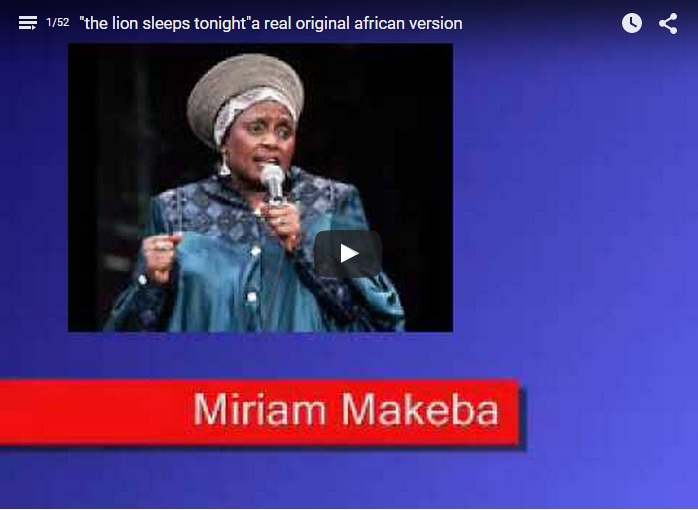The African diaspora is full of celebrities; some shining as sports stars, others as movie stars. Harry Belafonte is a member of the African diaspora in the United States of America whose fame comes from music.
The fame in these celebrities usually hides lots of pain they have gone through in life, like racism these great, great grandchildren of the African continent have gone through. An interview conducted by the British Guardian newspaper and a book review of Harry Belafonte’s memoir, ‘My Song,’ make it possible for us now to understand how determination to succeed enabled this performer to triumph above suffering– and he gives credit to his mother:
‘My Song’: The Book Review
Written By Wil Haygood for New York Times.
In 1956, the young minister Martin Luther King Jr. phoned Harry Belafonte. They had never met. At the time, Belafonte was wowing audiences — on Broadway, in nightclubs and on film — and snatching smiles from white women everywhere. For a Negro superstar, as he was called, it was a tricky and wondrous time.
But Belafonte wasn’t altogether happy. He wanted to do what singer-actorPaul Robeson had done: utilize his fame on behalf of social causes. King phoned Belafonte because he wanted to bring national attention to the burgeoning civil rights movement and thought a rising entertainer might help.
Their first meeting took place shortly thereafter in Harlem. They clicked. A soulful alliance was set in motion that would propel Belafonte into a life of go-for-broke activism that continues to this day. [He is now 87].
In “My Song,” a brave and spellbinding memoir written with Vanity Fair contributing editor Michael Shnayerson, Belafonte tells a sweeping story: what it has meant to know politicians, janitors, jazzmen and presidents; how he fell heart-first into the civil rights movement, and the costs — blacklists, McCarthyism, FBI agents — that came with it; his long and mercurial friendship with Sidney Poitier; the pain of broken marriages; and the ghost of poverty.
He was born Harold Bellanfanti Jr. in 1927 to parents who had immigrated to New York City from the West Indies. Young Harry’s father was a vicious man who beat the boy bloody, and these Dickensian scenes are painful to read. His mother, Millie, eventually fled, taking Harry and his younger brother with her, passing herself off as Irish or Spanish to get decent apartments. “So I was a misfit,” Belafonte writes, “adrift somewhere between white and black, New York and the West Indies.”
Belafonte emerged from the segregated Navy in 1945 — having voraciously read the great civil rights activist W.E.B. DuBois — with a whirring mind and an ambition to study. He chose acting on the G.I. Bill and met Poitier, young and desperate to succeed, at the American Negro Theatre. “Sidney was my first friend,” Belafonte remembers, “my first friend in life.” Hipper than Poitier, at least as portrayed in these pages, Belafonte hung around with jazzmen. Lester Young encouraged him to sing.
Upon introducing himself to a New York audience, Belafonte was surprised by the caliber of artists Young called upon to back him up: Max Roach, Al Haig, Charlie Parker and Tommy Potter. [Belafonte married the South African song bird, the late Miriam Makeba and they sang together. Unfortunately the marriage did not last long.]
But jazz didn’t quite cut it for Harry. At the Library of Congress he studied the folk songs collected by Alan Lomax, songs that seemed closer to the people. Soon Belafonte was singing folk songs at union rallies and for civil rights causes. Eleanor Roosevelt became a dear friend. Robeson would bear-hug him. Belafonte tapped into his Caribbean roots in 1956 when he recorded “The Banana Boat Song”; with its “day-O” refrain, it made him famous.
“Harry was like Valentino,” raved Bob Dylan, who met Belafonte early in his own career. As Belafonte himself puts it, “Duke Ellington and Cab Calloway were the greatest jazz bandleaders; Sammy Davis Jr. had emerged as the ultimate entertainer; and Sidney, my friendly rival, was Hollywood’s first black leading man. But I stood now on a platform all my own.” There is a healthy ego on these pages, but Belafonte is entitled to it.
Though he is more interested in the political life of America — of the world, even — he tells enough show business stories to satisfy. He was the first choice for the lead role in “Lilies of the Field”; it eventually went to Poitier, whose performance made him the first black man to win an Oscar. It still rankles that Belafonte never got to kiss his white co-star, Joan Fontaine, in“Island in the Sun.”He has a soft spot for his gangster role in Robert Altman’s“Kansas City.”
King and the movement gave Belafonte’s life ballast. The book has riveting scenes in which Attorney General Robert Kennedy advises Belafonte on which union leaders might help with bail money for children in Birmingham who’d been arrested for marching, and Belafonte chases down those union bigwigs. After King’s assassination, Belafonte rushed to Atlanta to be with the leader’s family. It fell to him to pick the suit in which to bury King.
Belafonte, who has been in analysis for much of his adult life and credits it with helping him run the gantlet of fame and race in mid-20th-century America, found new causes almost yearly. He proved a force in the anti-apartheid movement. He spearheaded the “We are the World” gathering of singers, which raised millions to combat hunger in Sudan and Ethiopia. He lashed out at the George W. Bush administration about the Iraq war. “Who was right?” he now asks. Lately he has been rebuking the Obama administration for what he sees as its timidity in tackling social ills.
In these days of national and global uncertainty, with the numbers of poor steadily rising, there are lessons aplenty in the life of Harry Belafonte, as told in this surprising and revelatory book.





